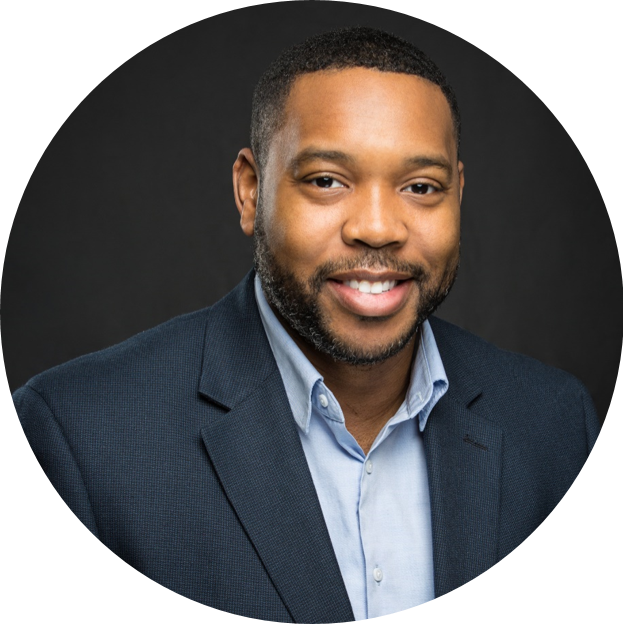Race. Inclusion. Diversity. Equity. These words seem to be in most articles about education I read today. And that’s a good thing. I hope that these words remain at the forefront of our minds and truly become as much a priority for everyone as they are for me and my family.
Recently I shared some of my most intimate struggles with some of my Education First colleagues. Since I have only been on the Ed First team for two months, this was a significant moment of vulnerability for me. The discussion was about my identity—or shall I say my identities—and how they affect who I am today. I am a black person, a man, a father, a husband and a son. All of these identities construct my whole self; in any given situation some aspects of my identity are more prominent than others. My blackness is not as prominent when I’m with my family. However, when I walk in the world it may be one of the first things people see.
I spoke about the prejudice and racism I was confronted with at an early age. From the third grade until about the eighth grade I was ostracized by my elementary and middle school peers for being intelligent. Yet, despite this, due to the ineffectiveness of my K-12 schools and teachers—a result of systemic racism—I struggled through my first two years of college because I was not well prepared to be successful in my coursework. I struggled with study skills because they were never expected of me. I struggled with seeking out the help from professors because I was fearful of perpetuating a stereotype that says I am intellectually inferior.
When I became an educator, I continued to wrestle with these issues. Many of my students lived in working-class homes and relied on public assistance to meet their basic needs; I saw myself in my students and wanted to ensure that they had everything that they needed to be successful. So imagine my shock and disappointment after my first year when the third grade state test scores were released and less than 50% of my students demonstrated proficiency in reading and math. Surely this could not have been a result of my teaching. I thought I had given them everything they needed.
Actually, I gave them everything that the teacher’s manual said that they needed. This teacher’s manual was crafted mostly with the frame of equality: everybody received the same education, in the same way, at the same pace. But what my students really needed was equity: every individual student receiving the specific supports they need to be successful. This realization was both powerful and humbling.
I bring this up not to cast blame on myself or on practitioners who work hard every day to teach children. I bring this up to say that it is okay to have made mistakes. When fighting for equity, we all need to own our failures, genuinely forgive ourselves and allow ourselves to grow. And I know that’s not always easy. Often times as educators, we see our profession as a part of our identity; thus, any challenge to our assumptions about how children should be educated can cut us to the core. But one aspect of our identity does not define us. Acknowledging this can help us recognize our moments of prejudice and bias which then allow us to forgive ourselves and genuinely change our behavior.
I’ve brought this mindset of growth and fighting for equity to my work at Education First. I’m now helping to lead our R.I.D.E. (Race, Inclusion, Diversity and Equity) agenda, and—while we’ve made progress—we still have a long way to go. I know firsthand how hard it can be to pursue true equity in education. As a teacher and principal I have told students and parents that they cannot have the same extra support or resources that some other students receive because they do not need it to be successful. And that kind of pushback is inevitable—after all, we are trying to turn a cruise ship that has been on the same course for over 375 years since public schools were established. It is going to take a while to adjust the ways in which public schools in the United States do business.
But that does not make the work any less critical. And it begins with acknowledging our shortcomings, realizing that our shortcomings do not define us and then challenging ourselves to grow. Even if it takes time to get there, those of us in positions of power have an obligation to our young people to pursue true equity. At Ed First, we’re taking a hard look at ourselves to see how we can do this internally. It doesn’t end there, though. We must also do what we can to encourage our many partners— whether states, districts, foundations, universities, or advocacy organizations—to join on this journey. I hope you’ll come along.

